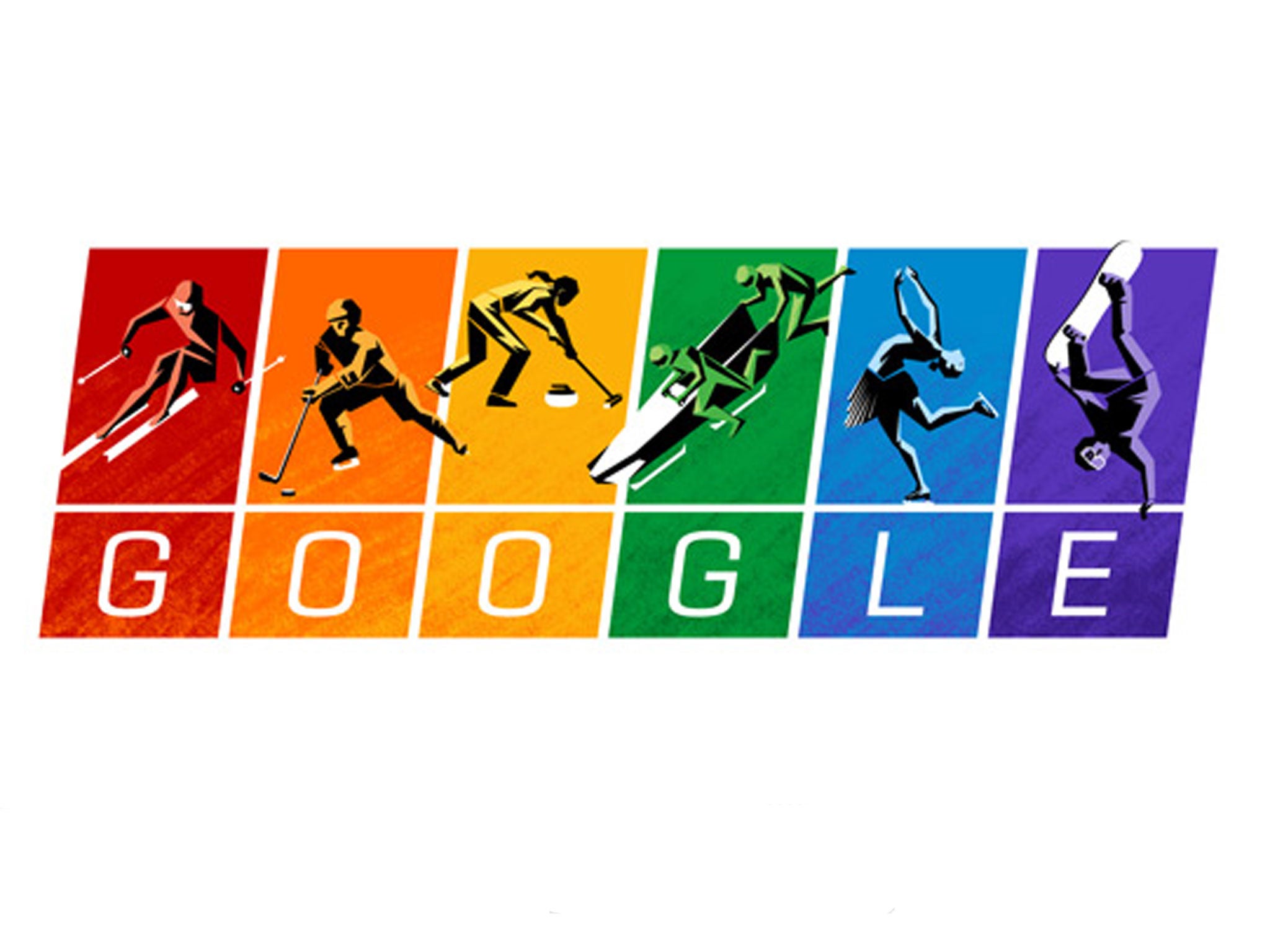Olympic Charter: A lesser known but vital aspect of IOC lore

Google's Winter Olympics Doodle is a pointed comment on the treatment of the LGBT community in Russia, but it has also shed light on a lesser known aspect of the IOC lore - the Olympic Charter.
The Charter, which is the codification of the fundamental principles of Olympism, was first published in 1908, under the title of Annuaire du Comité International Olympique.
It was created to serve as IOC law, establish some key princples, and define the rights and obligations of the four main constituents of the Olympic movement: the International Olympic Committee (IOC), the International Federations and the National Olympic Committees, and the Organizing Committees for the Olympic Games.
At many times during its history the Charter has been referred to at times of controversy.
In the 2012 London Olympics the Charter was referred to in a dispute involving the Lebanese judo team refusing to train next to the Israeli one.
In 2011 the campaign group Human Rights Watch invoked the Charter in their criticism of Saudi Arabia for preventing women from practicing sports in the country, and by not allowing Saudi women athletes to take part in the Olympic Games.
Yesterday, United Nations Secretary General Ban Ki-moon joined the chorus of disapproval over Russia's treatment of the LGBT community and criticised attacks on lesbian, gay, bisexual, transgender or intersex people” in Russia, saying "we must oppose the arrests, imprisonments and discriminatory restrictions they face."
Join our commenting forum
Join thought-provoking conversations, follow other Independent readers and see their replies
Comments